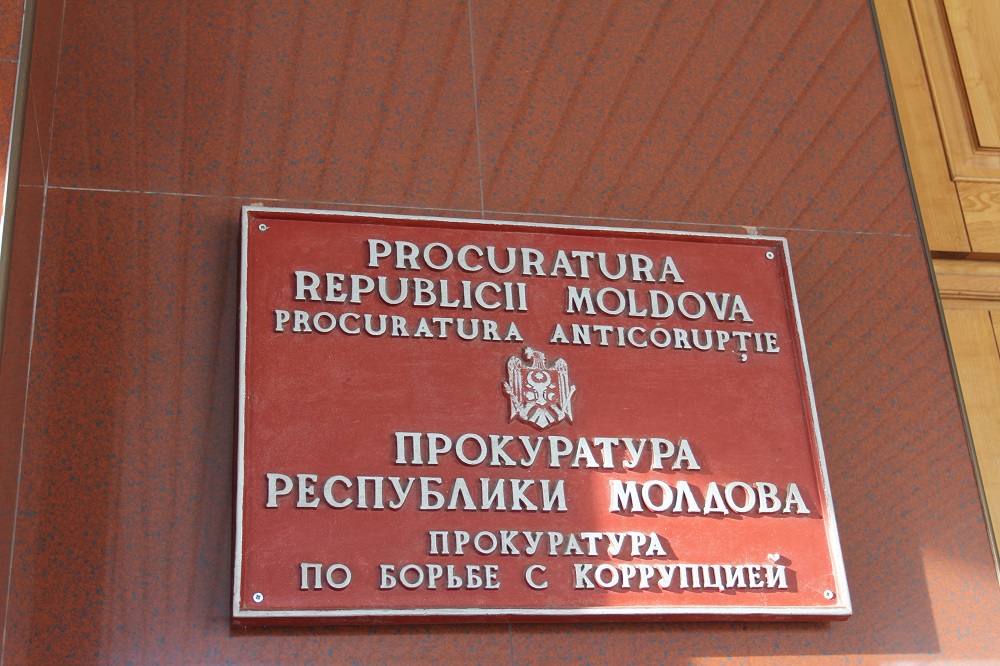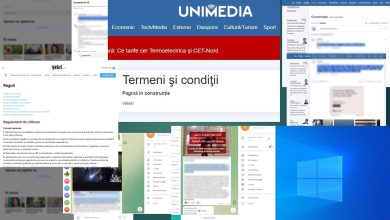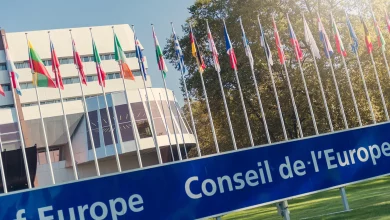The Anticorruption Prosecutor’s Office Institutes the Press Accreditation Process. Some Journalists’ Reaction

The Anticorruption Prosecutor’s Office (APO) announced that it would request accreditation of journalists in the process of communication with the institution’s representatives since November 4. According to the published protocol, the new rules are intended for “supporting the prosecutors in implementing their duties without being involved in making statements or sharing opinions.” Nevertheless, some journalists consider that the decision may generate obstacles for the newsrooms.
The document published by the APO stipulates nominal accreditation of journalists, according to which each newsroom shall send an official request and such details as the reporter’s last name, first name, telephone number, and email address, as well as a copy of their press ID to the institution. On the basis on this information, the Prosecutor’s Office shall make a decision on issuing accreditation and notify the editors within five working days from receiving the documents.
Besides, the APO demands sending information requests by email and makes a distinction between the urgent ones and those that require an extensive response. As to the former, such as confirmation or denial of actions or information by prosecutors, the subject of the email to be sent shall include a note saying “URGENT.” Such requests shall be replied as promptly as the institutional circumstances allow, according to the document. If requests are extensive, an application for providing information shall be formulated in a separate document bearing an electronic signature.
In the final note, the Prosecutor’s Office representatives specify that the suggested rules do not prevail over the legal provisions on access to information and are not aimed at limiting it.
The APO initiative has caused dissatisfaction among journalists. Some affirm that the decision regarding accreditation may hinder their professional activity. “The editorial boards are facing shortages of staff and a constant flow of new reporters, which implies sending applications to obtain such credentials quite often. Besides, some events of public interest are announced an hour or two, even a few dozens of minutes before, and an accredited reporter can be working elsewhere, in the north or in the south of the country. What should a newsroom do in such a case? It risks missing the event. Hence, I believe there is a risk of creating obstacles for us to cover the activity of the Anticorruption Prosecutor’s Office. I guess the solution is issuing credentials to the bearer, the way it is done at the Parliament, when any journalist from the newsroom can use accreditation,” Liuba Sevciuc, co-founder of the CU SENS media project, affirms.
Victor Mosneag, editor-in-chief of Ziarul de Garda publication, shares his concerns: “Most newsrooms don’t have the staff specialized in different spheres, all of them do any sorts of work. One journalist may needs to interact with the APO today, and tomorrow, another one will have to do the same. Today, one journalist is on duty, and tomorrow, another one will take his place. Today, a journalist is in the newsroom, and tomorrow, he is away. How should we proceed? Shall we continuously obtain accreditation and wait for five days to be told whether we are accredited or not? In addition, I don’t clearly understand from the content of this document what the role of accreditation is: it is mentioned that this paper doesn’t influence it and doesn’t prevail over the law on access to information, either.”
The journalist believes that the initiative should have been preliminarily discussed with the journalists. “I understand it’s not normal for a prosecutor to reply to dozens of journalists’ requests every day, but I don’t believe the solutions suggested by the APO could solve the problem. I supposed a discussion was to be held before making this decision, so that both parties could express their opinions. It would surely have been useful for everyone. A unilateral decision does not demonstrate any sort of transparency at all,” Victor Mosneag claims.




